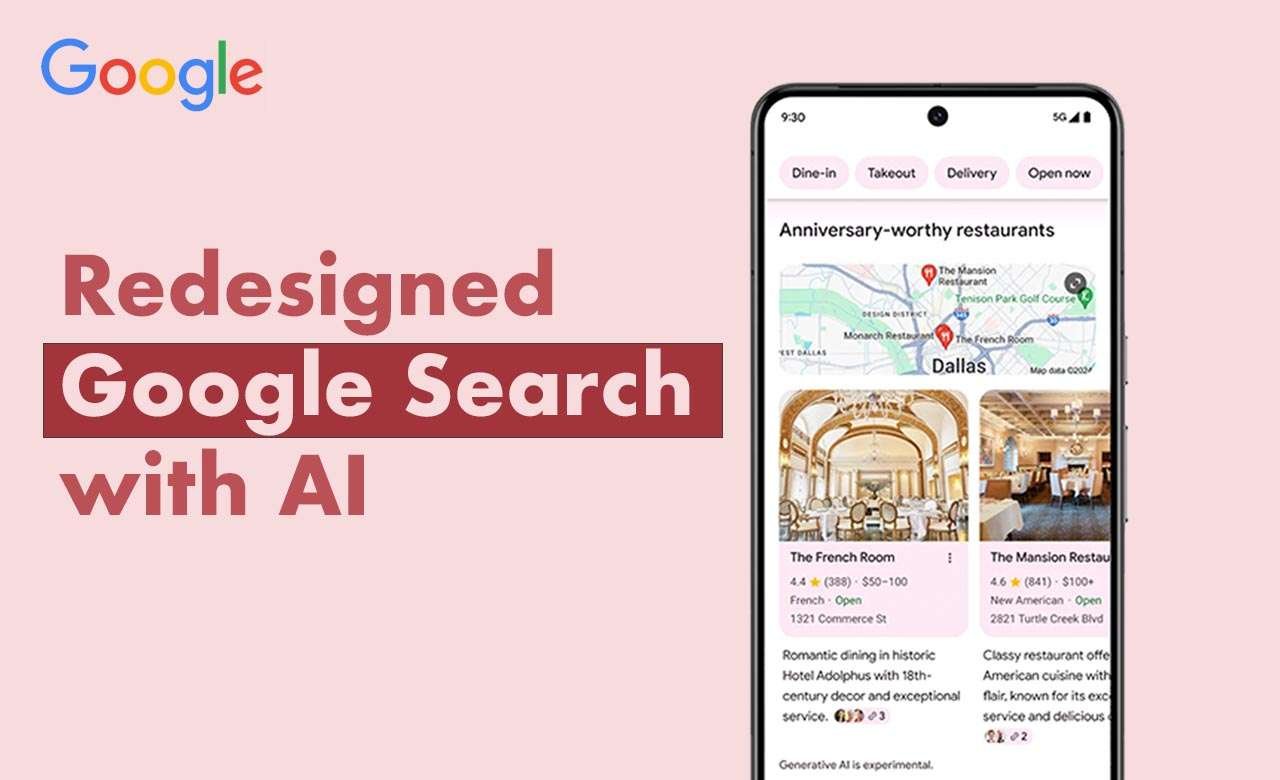A year ago, Google said that it believed AI was the future of search. That future is apparently here: Google is starting to roll out “AI Overviews,” previously known as the Search Generative Experience, or SGE, to users in the US and soon around the world. Pretty soon, billions of Google users will see an AI-generated summary at the top of many of their search results. And that’s only the beginning of how AI is changing search.
“What we see with generative AI is that Google can do more of the searching for you,” says Liz Reid, Google’s newly installed head of Search, who has been working on all parts of AI search for the last few years. “It can take a bunch of the hard work out of searching, so you can focus on the parts you want to do to get things done, or on the parts of exploring that you find exciting.”
Reid ticks off a list of features aimed at making that happen, all of which Google announced publicly on Tuesday at its I/O developer conference. There are the AI Overviews, of course, which are meant to give you a general sense of the answer to your query along with links to resources for more information. There’s also a new feature in Lens that lets you search by capturing a video. There’s a new planning tool designed to automatically generate a trip itinerary or a meal plan based on a single query. There’s a new AI-powered way to organize the results page itself so that when you want to see restaurants in a new city, it might offer you a bunch for date night and a bunch for a business meeting without you even having to ask.
This is nothing short of a full-stack AI-ification of search. Google is using its Gemini AI to figure out what you’re asking about, whether you’re typing, speaking, taking a picture, or shooting a video.
It’s using a new specialized Gemini model to summarize the web and show you an answer. It’s even using Gemini to design and populate the results page.
Not every search needs this much AI, though, Reid says, and not every search will get it. “If you just want to navigate to a URL, you search for Walmart and you want to get to walmart.com. It’s not really beneficial to add AI.” Where she figures Gemini can be most helpful is in more complex situations, the sort of things you’d either need to do a bunch of searches for or never even go to Google for in the first place.
hat combination of the Knowledge Graph and AI — Google’s old search tool and its new one — is key for Reid and her team. Some things in search are a solved problem, like sports scores: “If you just actually want the score, the product works pretty well,” Reid says. Gemini’s job, in that case, is to make sure you get the score no matter how strangely you ask for it. “You can think about expanding the types of questions that would successfully trigger the scores,” she says, “but you still want that canonical sports data.”



Leave feedback about this